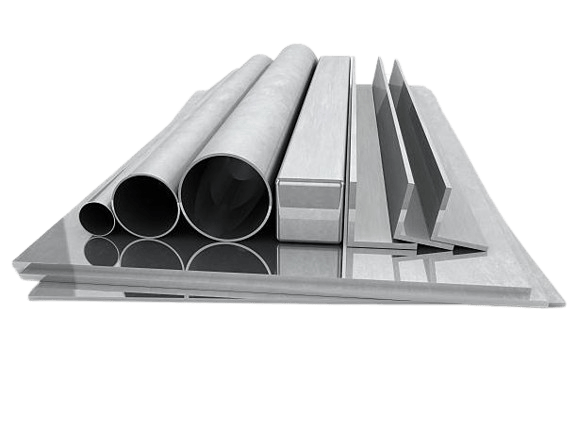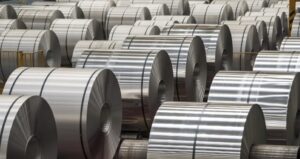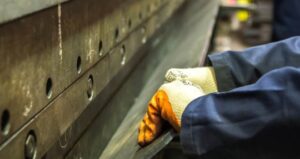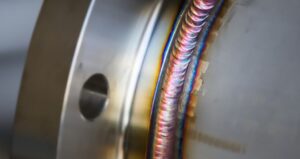When it comes to casting metal parts, selecting the right material is crucial for ensuring the quality and performance of the final product. Among the various options available, A380 aluminum stands out as one of the premier choices for casting applications. In this blog post, we will delve into the characteristics of A380 aluminum and explore why it is widely regarded as the best aluminum alloy for casting.
What Is A380 Aluminum?
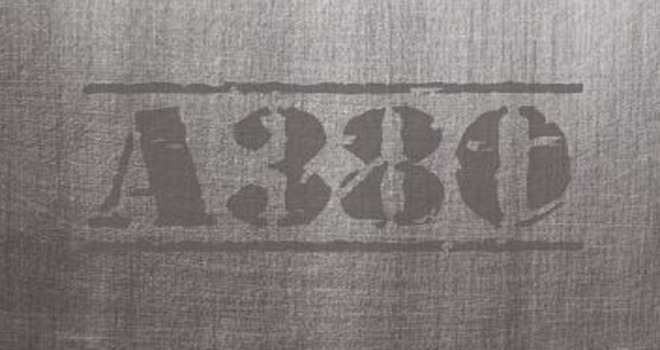
A380 aluminum, an aluminum-silicon alloy, is lightweight and durable, ideal for die casting. With aluminum as its primary constituent and silicon as the main alloying element, A380 offers a unique set of properties suitable for diverse casting applications. This alloy is highly favored as the top die-casting material, utilized by design engineers in a variety of applications such as hand tools, gear cases, lawnmower housings, furniture, and more.
A380 Aluminum Chemical Compostion
Copper (Cu) | Iron (Fe) | Magnesium (Mg) | Manganese (Mn) | Nickel (Ni) | Silicon (Si) | Tin (Sn) | Zinc (Zn) |
3-4% | ≤1.3% | ≤0.1% | ≤0.5% | ≤0.5% | 7.5-9.5% | ≤0.35% | ≤3% |
Silicon, the primary alloying element at 7.5-9.5%, enhances fluidity for intricate die-casting. Additionally, the presence of 3-4% copper boosts tensile strength and hardness while slightly compromising corrosion resistance.
A380 Aluminum Properties
A380 aluminum possesses several key properties that make it a popular choice for various casting applications:
A380 Aluminum Mechanical Properties
Hardness, Brinell | Tensile Strength,Ultimate / Mpa | Tensile Strength, Yield / Mpa | Elongation % in 2in |
80 | 324 | 159 | 3.5 |
A380 aluminum boasts impressive mechanical properties that render it highly suitable for a diverse array of die casting applications. Its notable tensile strength, coupled with exceptional fluidity during casting, facilitates the creation of intricate and complex components with minimal defects. This alloy’s superior mechanical characteristics ensure that finished parts exhibit high durability, dimensional accuracy, and structural integrity, meeting the stringent requirements of various industries. The combination of robust tensile strength and ease of casting makes A380 aluminum a preferred choice for applications demanding precision, reliability, and performance, solidifying its position as a top-tier material for die casting processes across different sectors.
A380 Aluminum Physical Properties
Density (g/cm3) | Thermal Expansion Coefficient (µm/m-K) | Melting Point / °C | Thermal Conductivity (W/m °K) | Electrical Conductivity %IACS |
2.71 | 21.8 | 566 | 96 | 23 |
The physical properties of A380 aluminum contribute significantly to its efficacy in die-casting applications. With high thermal conductivity, this alloy, like A380, is well-suited for industries where efficient heat dissipation is crucial for sustaining performance and durability. Particularly in automotive and communication sectors, where managing heat is paramount, A380’s thermal properties ensure optimal functionality and longevity of components. This attribute underscores the alloy’s importance in applications requiring robust thermal management, further solidifying its position as a preferred material for die casting in critical industries where heat dissipation is a key consideration.
Why A380 Is The Best Aluminum For Casting?
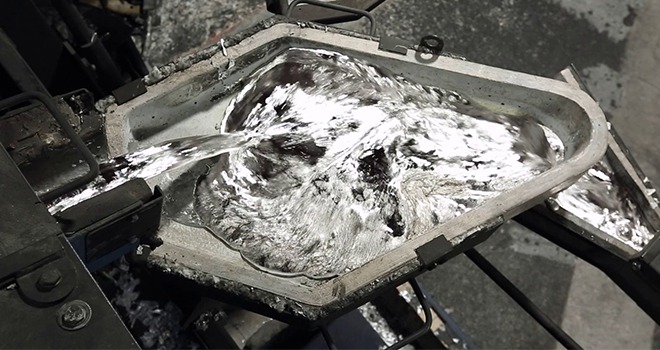
A380 aluminum is a top-tier selection for casting applications, outshining other die-cast aluminum grades across multiple fronts. Its outstanding characteristics position it as the favored material across diverse industries. A380 aluminum boasts distinct attributes that differentiate it from alternative die-cast aluminum grades, establishing it as the preferred option for a variety of casting needs.
Exceptional Fluidity
A380 aluminum exhibits outstanding fluidity during the casting process, allowing it to fill intricate molds with ease and precision. This superior fluidity enables the production of complex parts with intricate details, setting it apart from other aluminum grades in terms of casting intricacy.
High Strength and Lightweight
Compared to many other die-cast aluminum grades, A380 offers a remarkable balance of high tensile strength and lightweight properties. This combination of strength and lightness makes it an ideal choice for applications requiring structural integrity without adding unnecessary weight.
Superior Thermal Conductivity
A380 aluminum boasts excellent thermal conductivity, which is crucial for applications where effective heat dissipation is essential. Its ability to efficiently dissipate heat sets it apart from other aluminum grades, making it particularly suitable for industries like automotive and electronics.
Versatility and Machinability
A380 aluminum is highly versatile and can be easily machined, finished, and customized to meet specific design requirements. Its machinability and adaptability make it a standout choice for applications that demand intricate designs and precise specifications.
What Is The A380 Aluminum Used For?
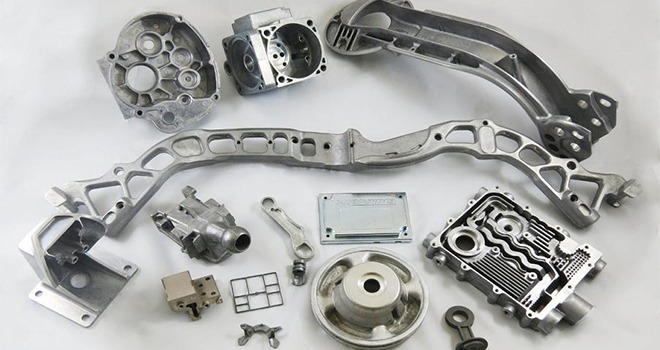
A380 aluminum, known for its exceptional castability and a balance of strength and lightweight properties, finds extensive use in various industries for a wide range of applications. Some common uses of A380 aluminum include:
-
Automotive Industry: A380 aluminum is utilized in automotive components such as engine parts, transmission cases, brackets, and structural components due to its strength, lightweight nature, and thermal conductivity.
-
Electronic Enclosures: The alloy’s good thermal conductivity makes it suitable for electronic enclosures and heat sinks where effective heat dissipation is crucial.
-
Consumer Goods: A380 aluminum is employed in manufacturing consumer goods like housings for appliances, lighting fixtures, and decorative items due to its versatility and aesthetic appeal.
-
Aerospace Industry: In aerospace applications, A380 aluminum is used for components that require a combination of strength, lightweight properties, and resistance to high temperatures.
-
Telecommunications: The alloy is used in telecommunications equipment for casings and components that demand good thermal management and durability.
-
Industrial Equipment: A380 aluminum is favored for industrial equipment parts that require precision casting and a blend of strength and lightness.
-
Machinery and Tools: It is used in the production of machinery components, tools, and equipment requiring high precision and reliability.
-
Lighting Industry: A380 aluminum is commonly employed in the manufacturing of lighting fixtures due to its ability to be cast into intricate and aesthetically pleasing designs.
-
Medical Devices: In the medical sector, A380 aluminum is used for various equipment and devices that require a combination of strength, corrosion resistance, and lightweight properties.

